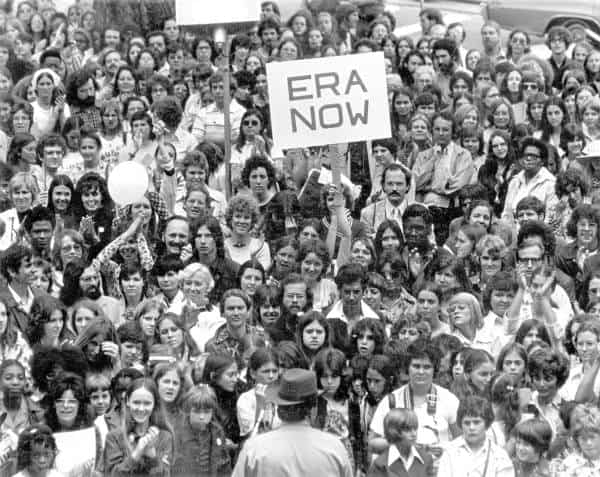Yesterday the Supreme Court heard oral argument in Babb v. Wilkie. The question before the Court was whether federal workers alleging age discrimination under the Age Discrimination in Employment Act (ADEA) must show that the adverse action would not have happened “but for” their age, or whether the government can be held liable if age was simply a “motivating factor.” Observers said that questions from the Court’s four liberals and Justice Alito appeared to suggest that they favored the more lenient “motivating factor” approach. In one notable exchange from the argument, Chief Justice Roberts asked whether a federal employer saying “OK, Boomer” to a job applicant would be actionable under the ADEA.
The Supreme Court of Appeals of West Virginia, the state’s highest court, heard oral argument yesterday in a challenge to the state’s private sector right-to-work law. The state AFL-CIO sued to block the law after its enactment in 2016. The labor federation alleged that the law allowing employees to benefit from union representation while not paying agency fees was an unlawful taking. A circuit judge granted a preliminary injunction, but the Supreme Court of Appeals later reversed it and allowed the law to take effect. At oral argument, the justices discussed the relevance of Janus v. AFSCME. One justice claimed that Janus was immaterial to the case at hand because of its limitation to the public sector, while another justice asserted that the logic of Janus was even more applicable to the private sector than the public sector.
Virginia’s legislature voted to ratify the Equal Rights Amendment (ERA) yesterday, becoming the thirty-eighth state to endorse the constitutional amendment. While the requisite three quarters of states have now approved the amendment, the deadline for ratification technically expired in 1982. For the moment, the future of the amendment is uncertain.
Earlier this week, the Supreme Court denied certiorari in Branch v. Massachusetts Department of Labor Relations, avoiding (at least for now) a post-Janus showdown over unions’ ability to serve as the exclusive bargaining representatives of public sector employees. In filing a cert petition, the National Right to Work Legal Defense Foundation had urged the Court to overturn the decision of the Massachusetts Supreme Judicial Court, which had found that exclusive representation did not violate dissenting employees’ First Amendment rights.
The National Labor Relations Board (NLRB) received over 12,000 comments in response to a proposed rule that would deny student employees the protections of the National Labor Relations Act. The NLRB resorted to rulemaking in its effort to overturn the 2016 Columbia University decision (which declared most student teaching and research assistants to be “employees” under Section 2(3) of the Act) after unions jointly agreed to not bring cases that could risk a reversal before the Board.






Daily News & Commentary
Start your day with our roundup of the latest labor developments. See all
April 18
Disneyland performers file petition for unionization and union elections begin at Volkswagen plant in Tennessee.
April 18
In today’s Tech@Work, a regulation-of-algorithms-in-hiring blitz: Mass. AG issues advisory clarifying how state laws apply to AI decisionmaking tools; and British union TUC launches campaign for new law to regulate the use of AI at work.
April 17
Southern governors oppose UAW organizing in their states; Florida bans local heat protections for workers; Google employees occupy company offices to protest contracts with the Israeli government
April 16
EEOC publishes final regulation implementing the Pregnant Workers Fairness Act, Volkswagen workers in Tennessee gear up for a union election, and the First Circuit revives the Whole Foods case over BLM masks.
April 15
The Supreme Court ruled in favor of bakery delivery drivers in an exemption from mandatory arbitration case; A Teamsters Local ends its 18-month strike by accepting settlement payments and agreeing to dissolve
April 14
SAG-AFTRA wins AI protections; DeSantis signs Florida bill preempting local employment regulation; NLRB judge says Whole Foods subpoenas violate federal labor law.